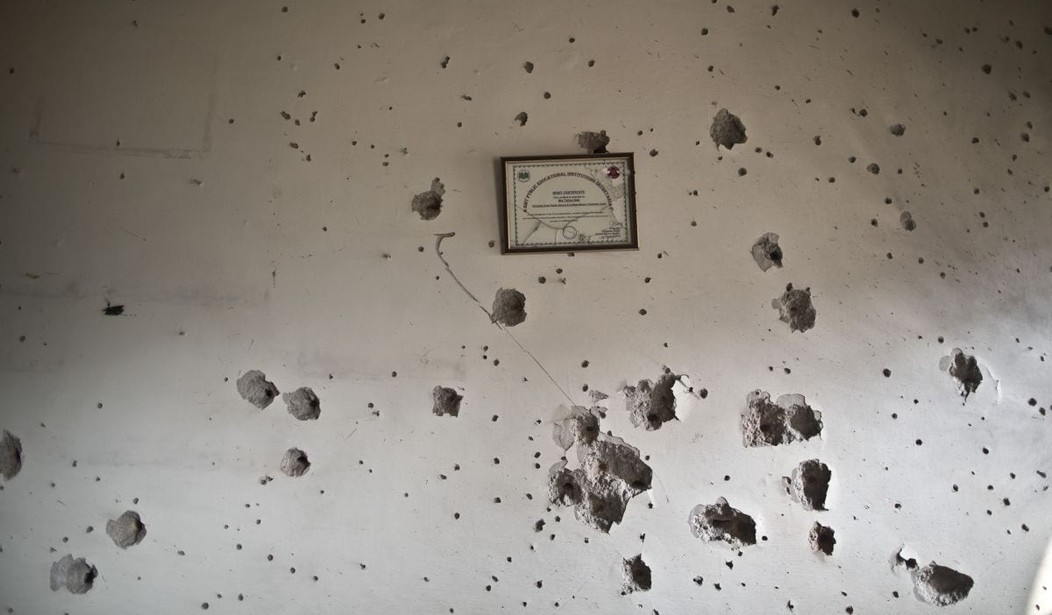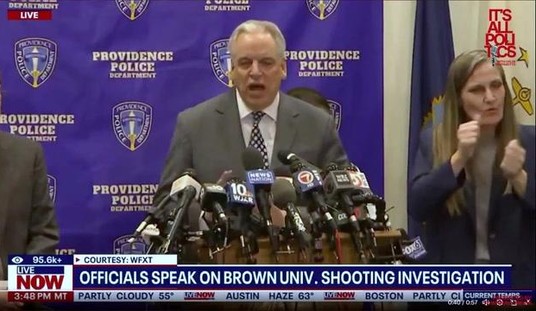Mullah Fazlullah Khorasani, the leader of the Pakistani Taliban, was killed in a U.S. drone strike, according to an Afghan official.
Khorasani was blamed for the vicious attack on a school in Peshawar in 2014 that killed 132 children. His headquarters was just over the border with Afghanistan in Kunar.
A U.S. spokesman confirmed that a drone strike “targeted a senior leader of a designated terrorist organization.”
Fazlullah’s death could ease strained ties between Islamabad and Washington even as Afghanistan observes an unprecedented three-day ceasefire with the larger Afghan Taliban.
Pakistan is considered key to persuading Afghan Taliban leaders, who Washington believes shelter on Pakistani soil, to open negotiations to end the 17-year-old war in Afghanistan.
Prior to the Afghan Defense Ministry stating that Fazlullah had been killed, several members of the Pakistani Taliban told NBC News they had been unable to make contact with him and other senior commanders since receiving word of the strike.
They said they feared four other top commanders may also have been killed.
“Most of our people are seriously concerned after they heard about the killing of our leader, but the top leadership is out of access,” Pakistani Taliban commander Maulvi Obaidur Rahman told NBC News.
There are differences between the Pakistan and Afghanistan Taliban, notably in their origins but also in outlook. The Pakistani branch of the Taliban was formed in 2002 in response to incursions by the Pakistani army in the semi-autonomous tribal regions. The tribes are fiercely independent and despite the Pakistani army’s claims they were going after foreign fighters fleeing the war in Afghanistan, the backlash against the Pakistani government led to the formation of a branch of the Taliban.
There is no cooperation between the two wings of the Taliban, and little agreement except that they both hate the NATO-led forces in Afghanistan. The Pakistani branch has been allied with several other terrorist groups, including the notorious Haqqani network, responsible for the deaths of many Americans in Afghanistan.
The significance of the death of Khorasani is that the last time the Pakistani Taliban lost a leader in 2009, it led to a leadership crisis that hampered the organization for months.
As we’ve seen with al-Qaeda and other terrorist groups, cutting off the head of the snake is useful but not decisive. But if the U.S. assistance to Pakistan helps get rid of one of their most wanted terrorists and leads to an easing of tensions, that may be a good thing for the blossoming peace process in Afghanistan. Simply put, there will be no peace in Afghanistan unless the Pakistanis agree to it. Anything that helps Pakistan in that regard should be seen as a big plus.










Join the conversation as a VIP Member